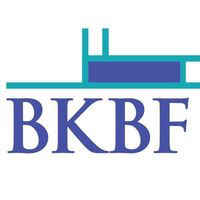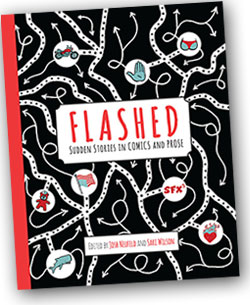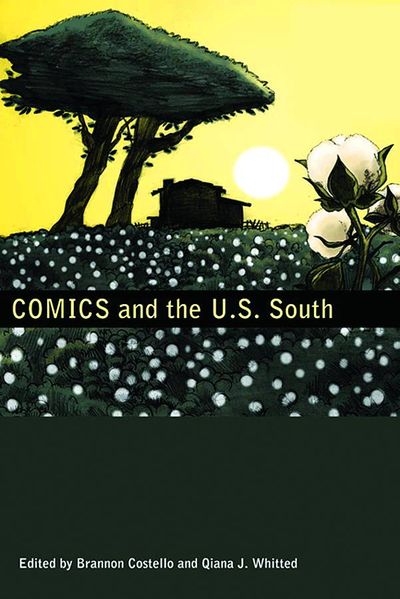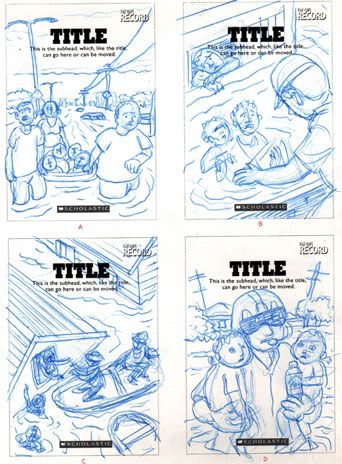Thinking about Victor S. Navasky (July 5, 1932–January 23, 2023), the longtime editor and even longer-time public face of The Nation magazine, who passed away last week. He was a towering figure in journalism, and his life and career have been documented by people much more qualified than me. But I have some personal memories to share.
It was 1990. I was a year out of college, searching for direction, and I wrote a desperate plea to The Nation, a sort of moral compass for me back then. I begged for a job — any job — and even though the magazine didn’t have any openings, Victor agreed to meet with me. Despite his vital obligations in putting out a weekly magazine, he was so kind and patient during the interview, crinkling his eyes in a sympathetic smile as I expressed my existential crisis.
And somehow he created a job for me! At first, I was the magazine’s jack-of-all-trades — my duties included everything from helping with the magazine’s classified ads section and selling back issues and T-shirts to putting fresh toilet paper in the bathroom — but I couldn’t believe my good fortune to be in the door and apparently steering my life in the “right” direction.
Victor was never a director mentor to me, but he embodied the spirit of the place. I learned so many things from him just by observing his manner and the way he dealt with his people. I thrived at The Nation, where I made a bunch of great friends and contacts, and eventually became director of reprints and syndication. I also learned how journalism and fact-checking work, and I credit that formative experience with setting me on the path to my eventual (current) role as a journalist.
And no doubt the best thing that happened at The Nation was that I met Sari Wilson, who began her own post-college career as an intern there. The rest, as they say, is history!
I left The Nation in 1992, setting out with Sari on our round-the-world backpacking adventure (which led to us living in Prague, then Chicago, then San Francisco, then Provincetown, and finally, nearly a decade later, back to New York City). At the farewell party for me, Victor gently ribbed me about how far I had come in my two years there, and even jokingly took credit for connecting me with Sari. But it wasn’t a joke: if he hadn’t taken “pity” on me and given me a job that didn’t exist, Sari and I would never have met.
I ran into Victor here and there in later years — when Sari and I were back in NYC for a visit, and a couple of times upstate in the Berkshires. And he was always the same: avuncular, sharp-eyed, and happy to see how my life was progressing. I’m happy he had a good long life, and I’m grateful our lives intersected at such a key juncture in mine. He will be missed.


 Sari
Sari At 3pm, Sari and I will run a multimedia flash fiction workshop, “Comics > Prose.” Flex your storytelling muscles as you write your own piece of flash fiction inspired by an original comic. One story created in the workshop will be published on the official FLASHed website! St. Francis College Workshop Room 4202, 180 Remsen St. [
At 3pm, Sari and I will run a multimedia flash fiction workshop, “Comics > Prose.” Flex your storytelling muscles as you write your own piece of flash fiction inspired by an original comic. One story created in the workshop will be published on the official FLASHed website! St. Francis College Workshop Room 4202, 180 Remsen St. [
 I just stumbled upon a long essay about
I just stumbled upon a long essay about 



